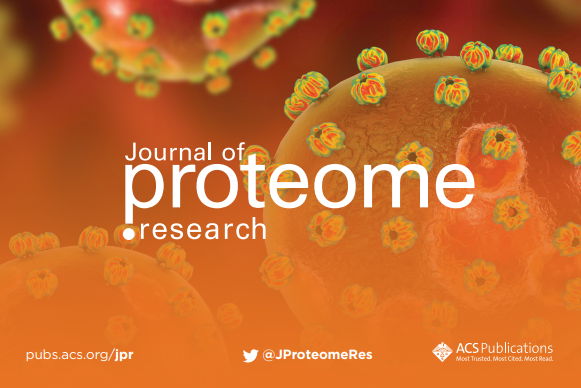Gilbert Omenn, University of Michigan, Michigan
The HUPO Human Proteome Project (HPP) annually reports on progress throughout the field in credibly identifying and characterizing the human protein parts list and making proteomics an integral part of multi-omics studies in medicine and the life sciences. neXtProt release 2018-01, the baseline for the 6th annual HPP special issue of the Journal of Proteome Research, contains 17,470 PE1 proteins, 89% of all neXtProt predicted PE1-4 proteins, up from 17,008 in release 2017-01 and 13,975 in release 2012-02. Conversely, the number of neXtProt PE2,3,4 missing proteins has been reduced from 2949 to 2579 to 2186 over the past two years. Of the PE1 proteins, 16,092 are based on mass spectrometry results, and 1378 on several other kinds of protein studies, notably enhanced by protein-protein interaction findings. PeptideAtlas has 15,798 canonical proteins, up 625 over the past year, including 269 from a major study of SUMOylation as a post-translational modification. The major limitations in finding expression of the remaining PE2,3,4 missing proteins continue to be protein sequences that cannot yield two proteotypic uniquely-mapping non-nested tryptic peptides of > 9 aa; lack of expression of the corresponding transcript in tissues studied; and especially concentrations of proteins too low to be detected even with the most modern mass spectrometers. Enrichment of low-abundance proteins, recognition of semi-tryptic peptides, and analysis of unusual tissues, especially with evidence of transcript expression, offer avenues to find more missing proteins.
Meanwhile, the Chromosome-centric HPP has launched an initiative to characterize the 1260 PE1 proteins that presently lack functional annotation. The HPP Mass Spectrometry resource pillar is conducting a multi-lab analysis of a standard sample with 96 phosphopeptides. The Human Protein Atlas has released its Cell Atlas, Pathology Atlas, and updated Tissue Atlas, and is applying recommendations from the International Working Group on Antibody Validation. A new resource pillar for Pathology to link with clinical translation has been launched. Finally, there is progress applying the quantitative multiplex organ-specific popular proteins targeted proteomics approach in various disease categories. For the full report, see Omenn, Lane, et al, JPR (in press) and reports from the B/D-HPP and C-HPP at www.hupo.org/hpp.


.png)